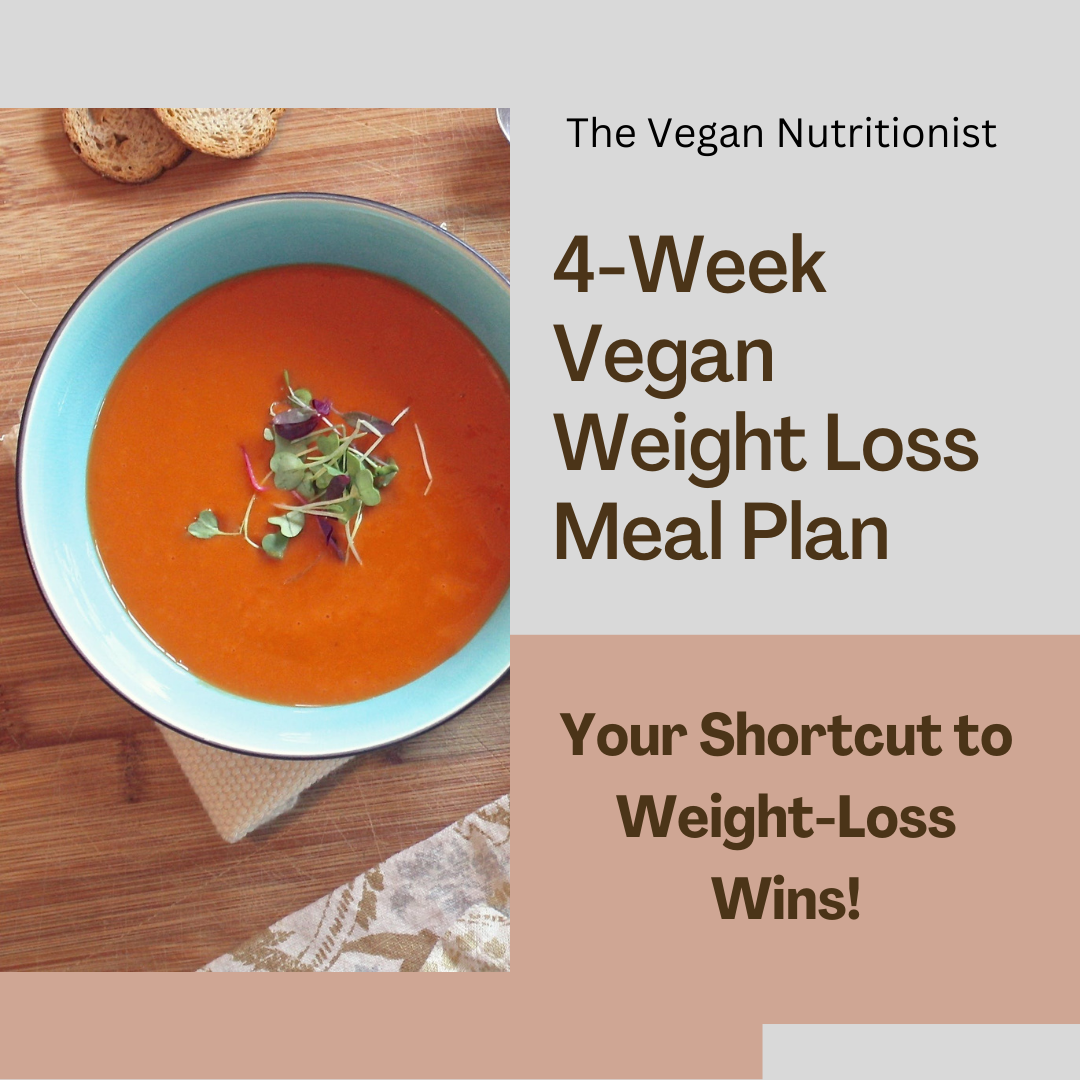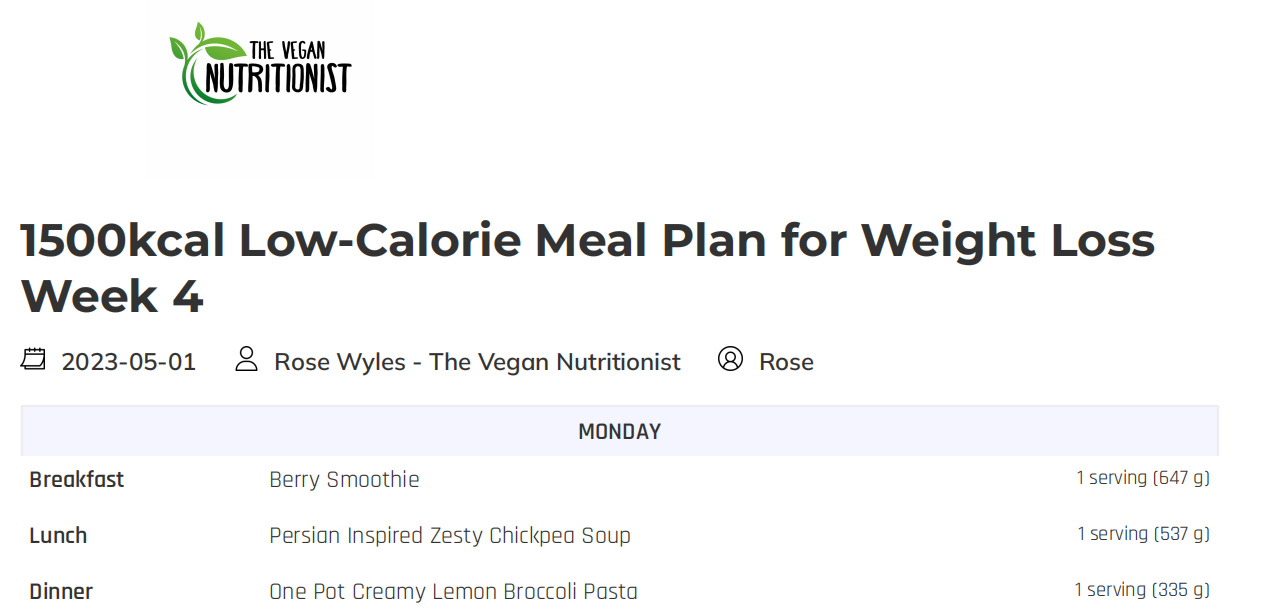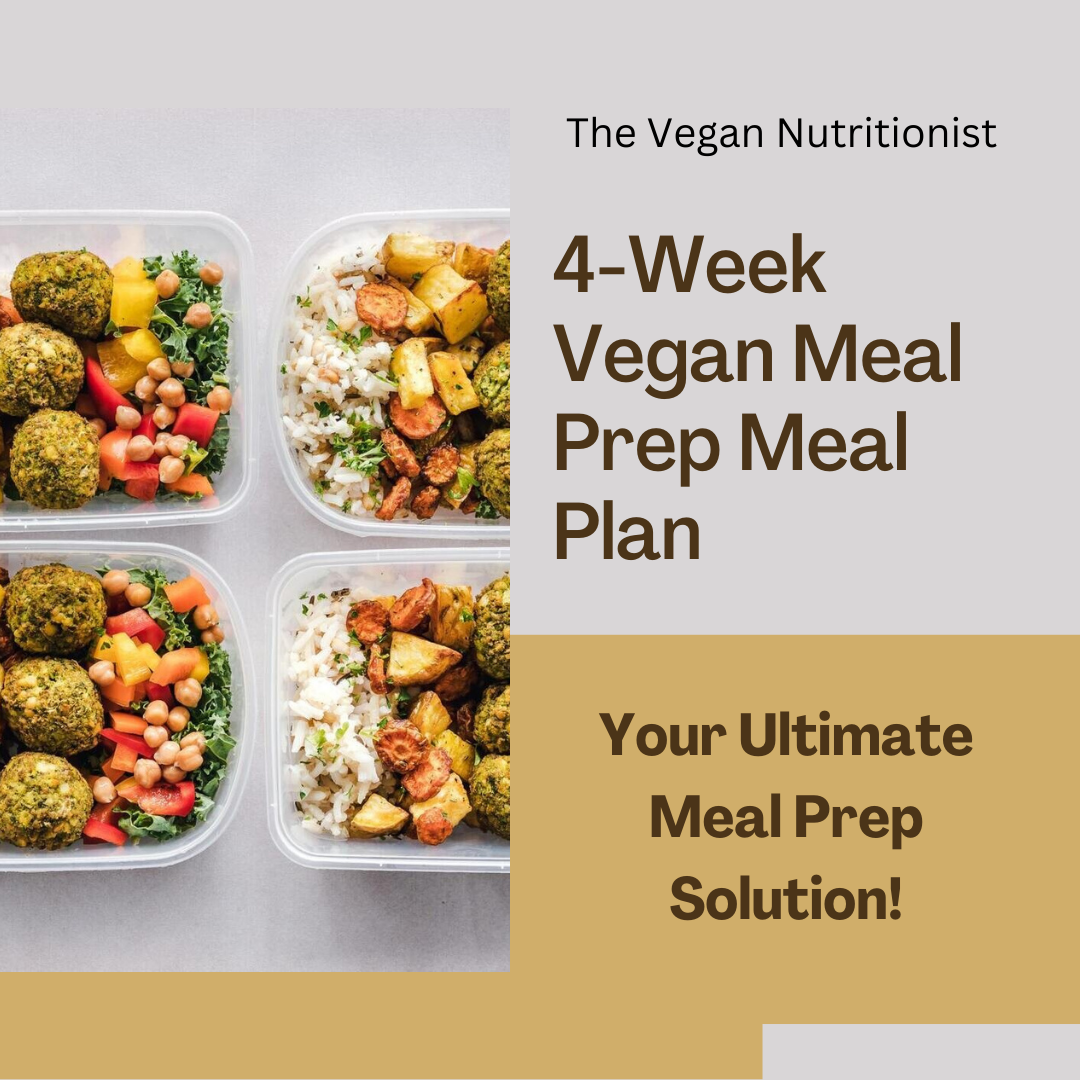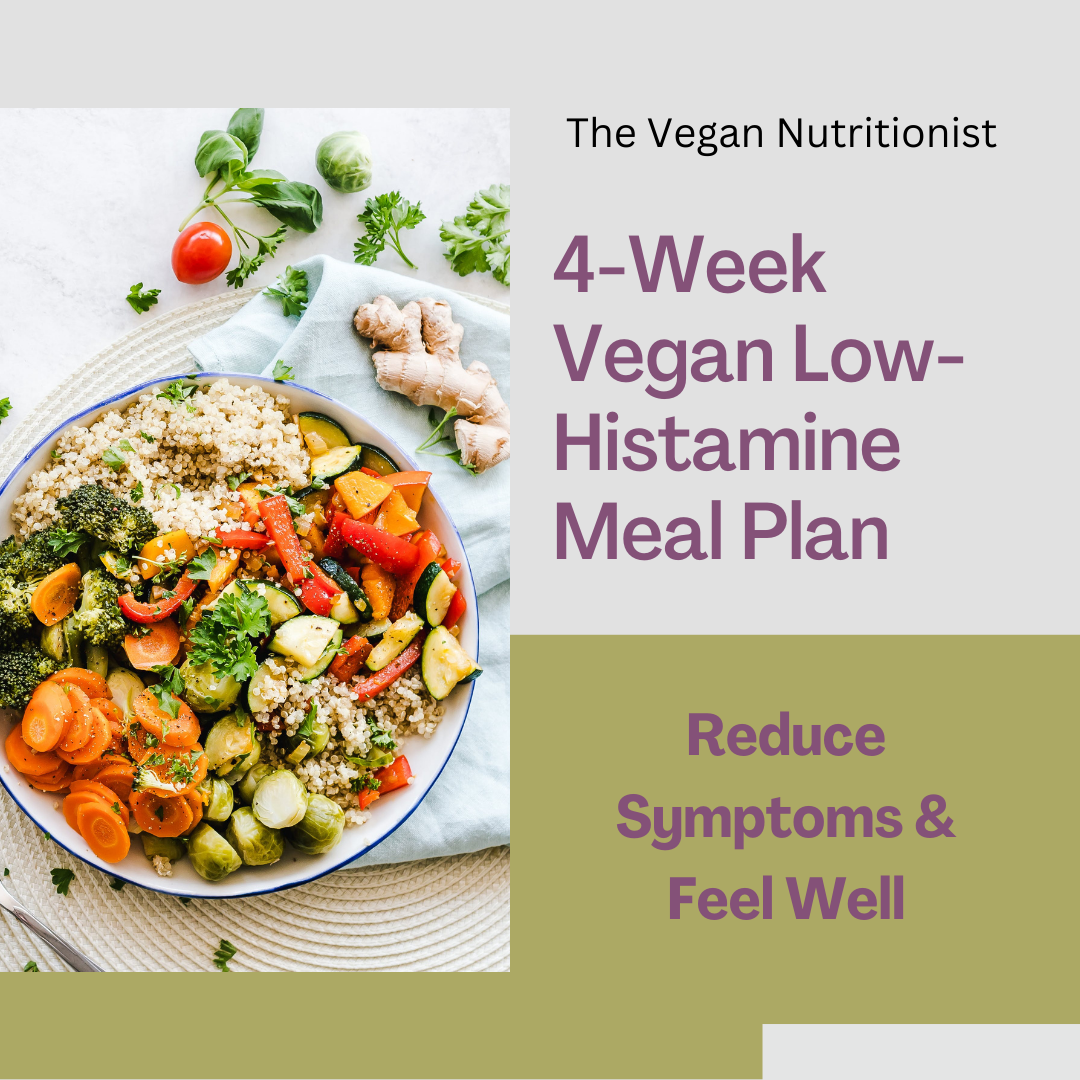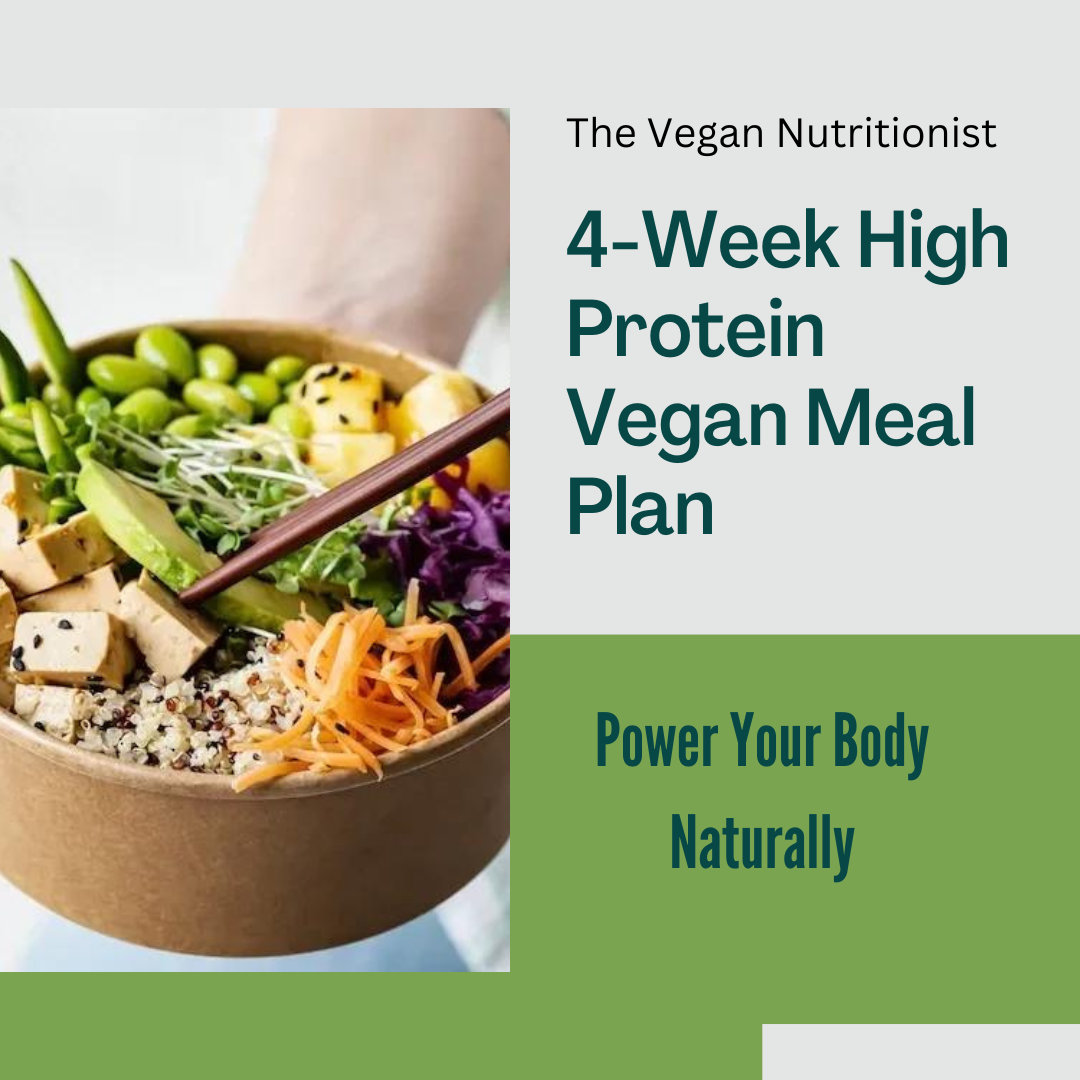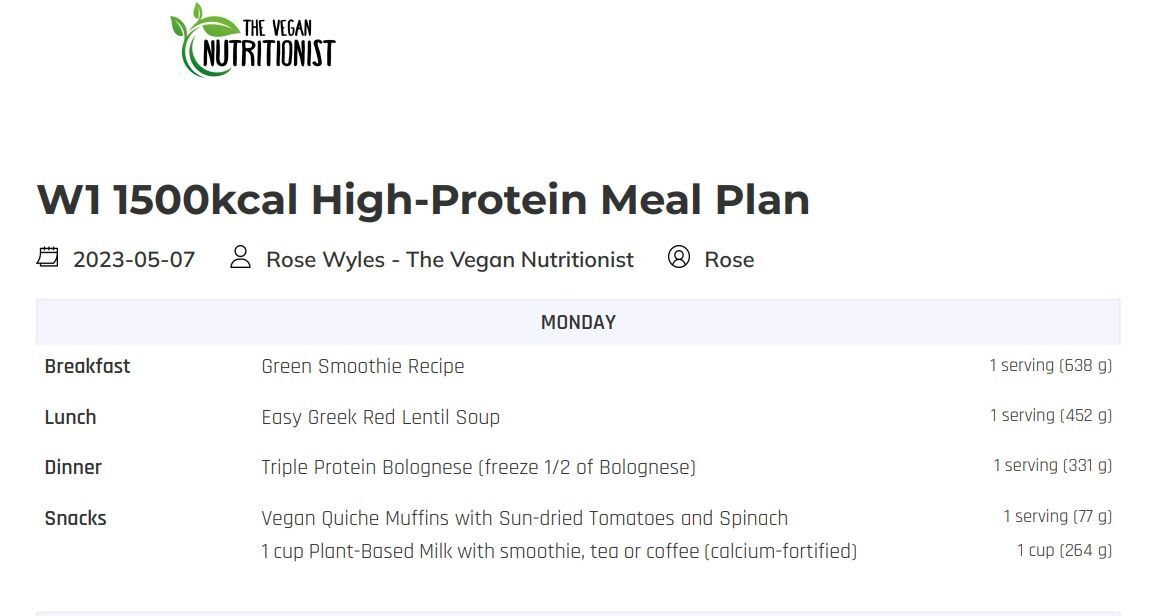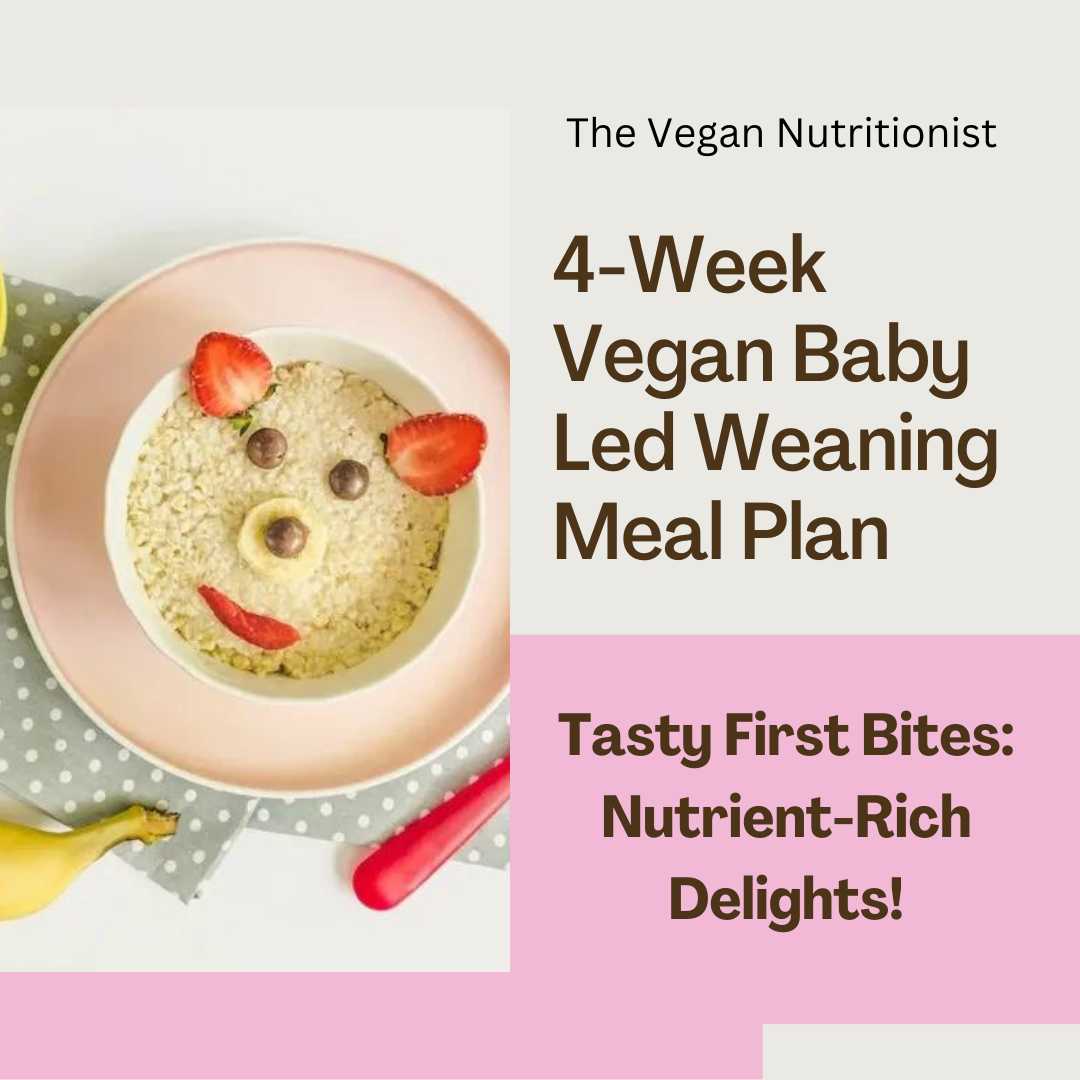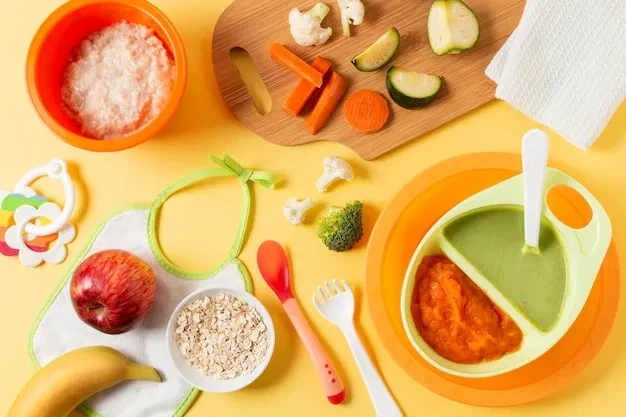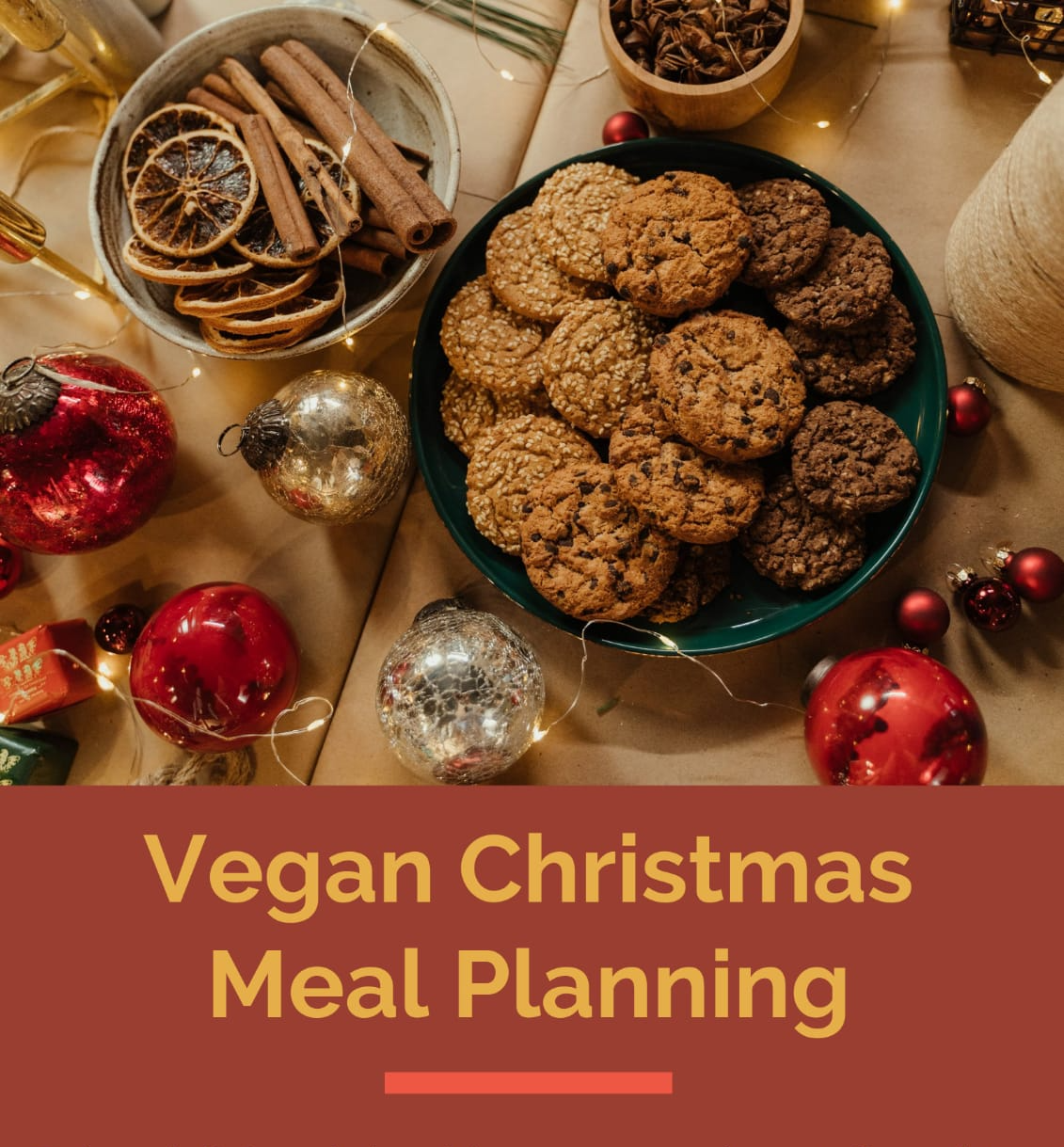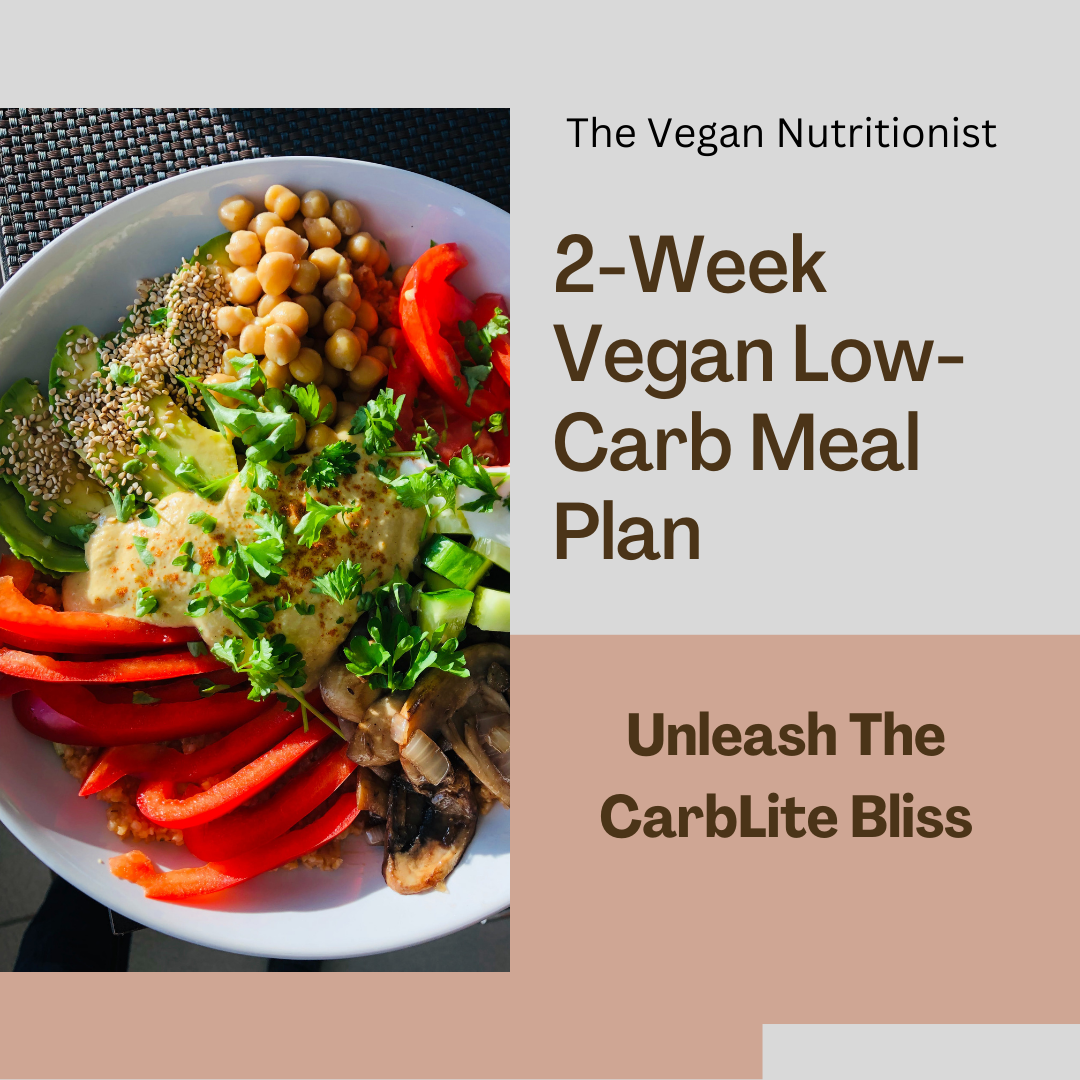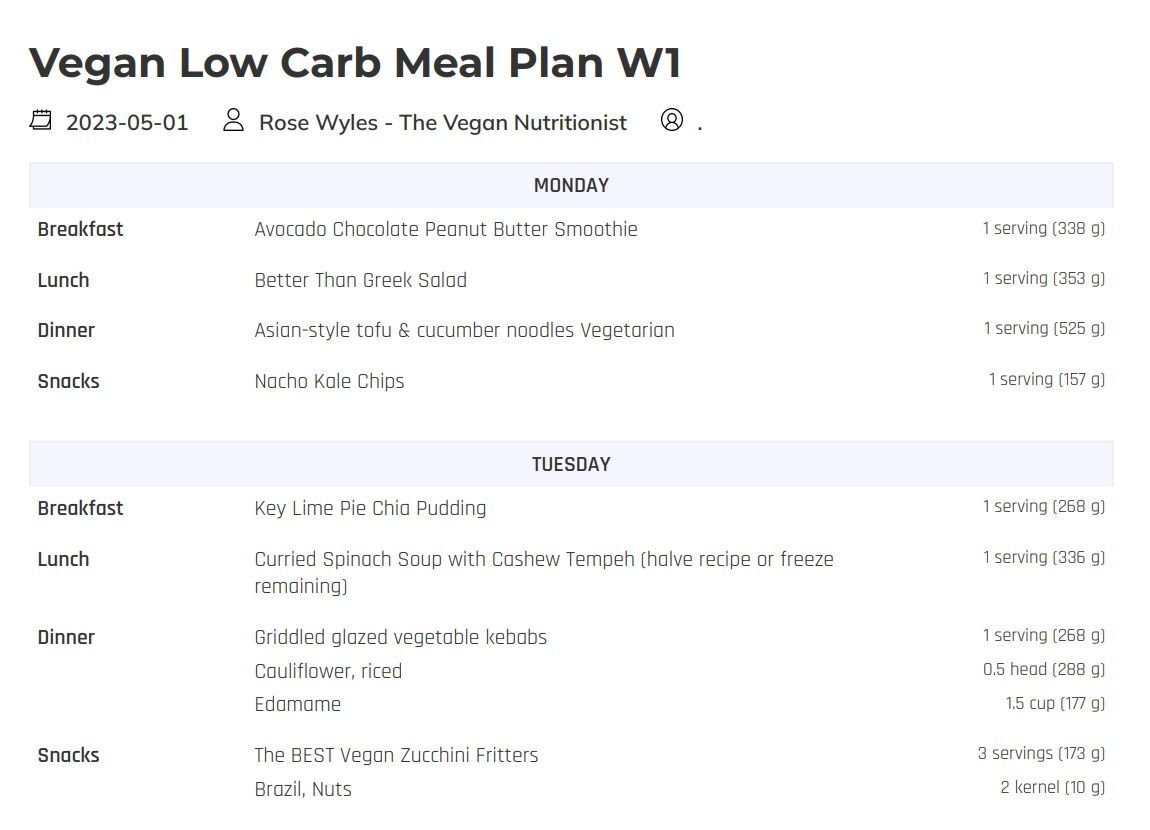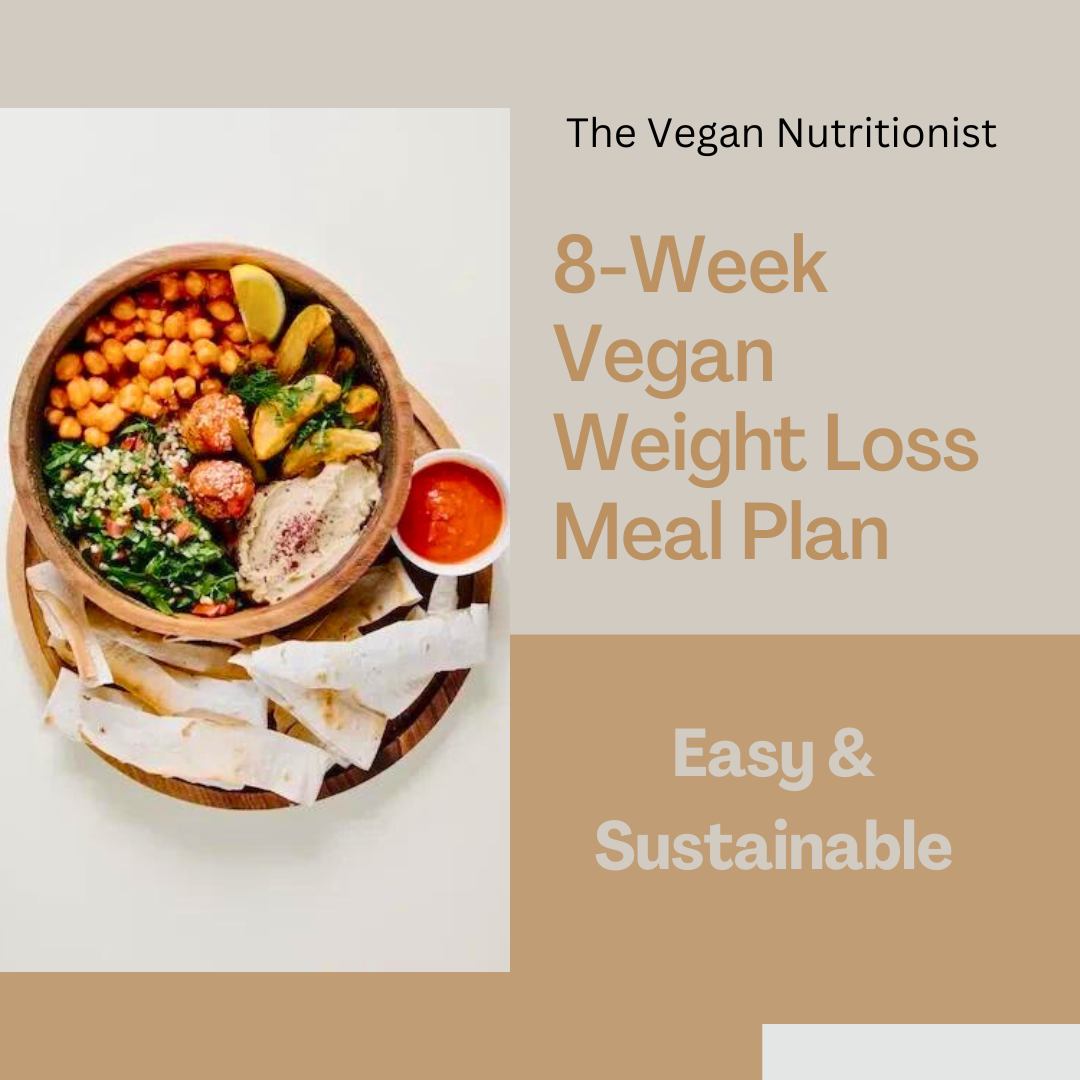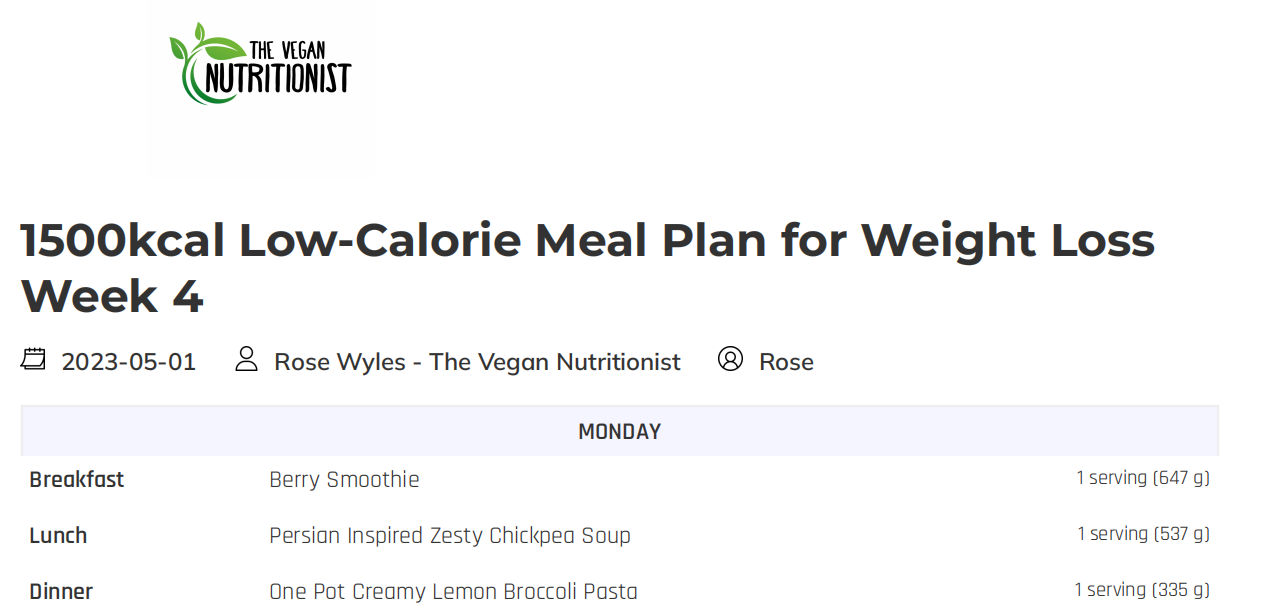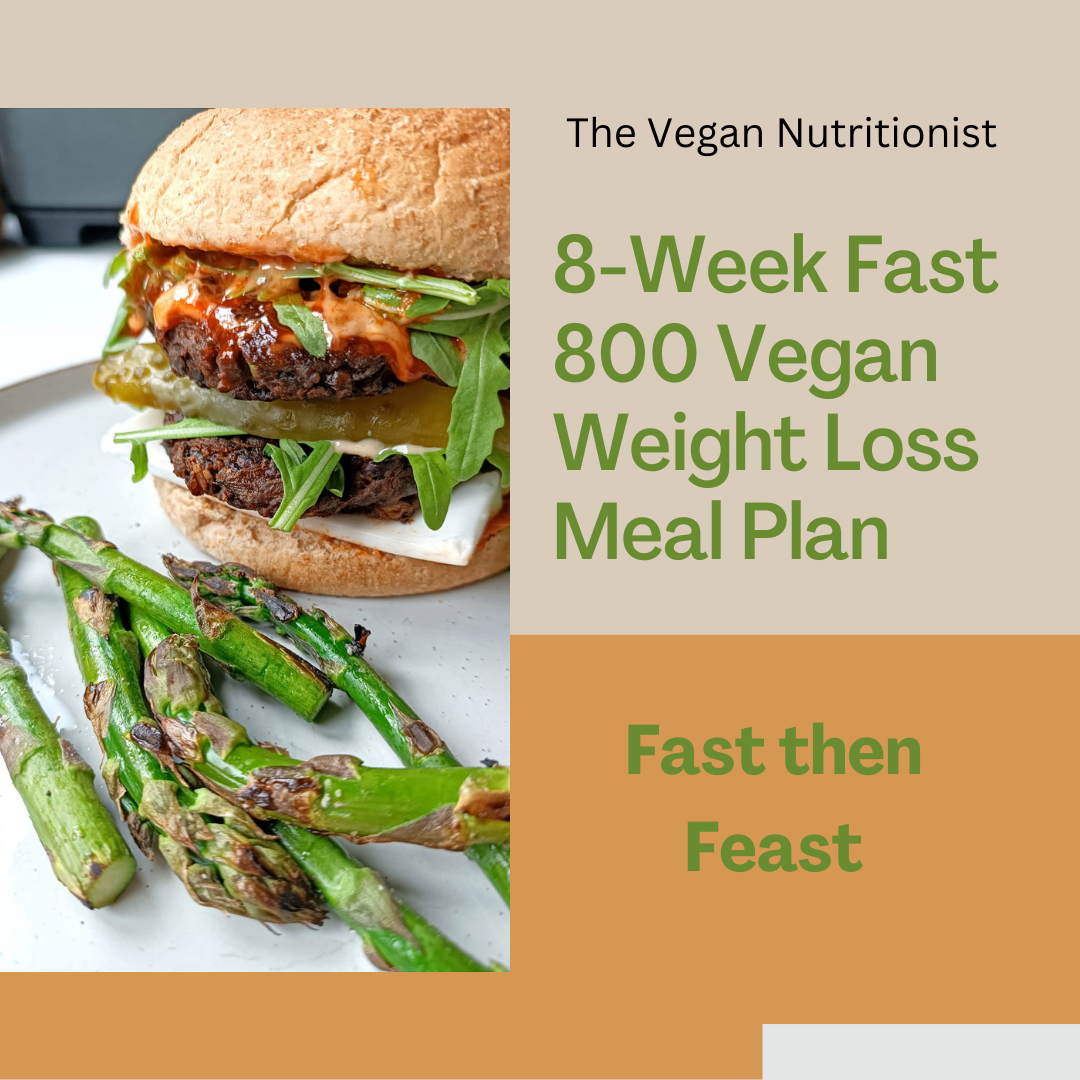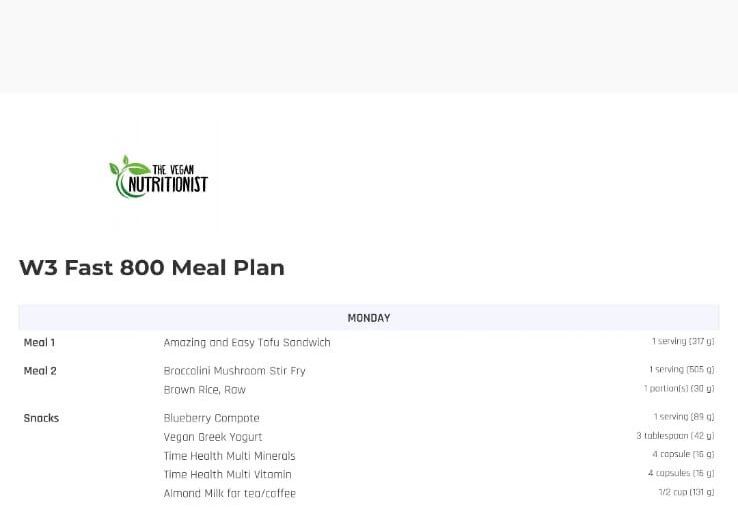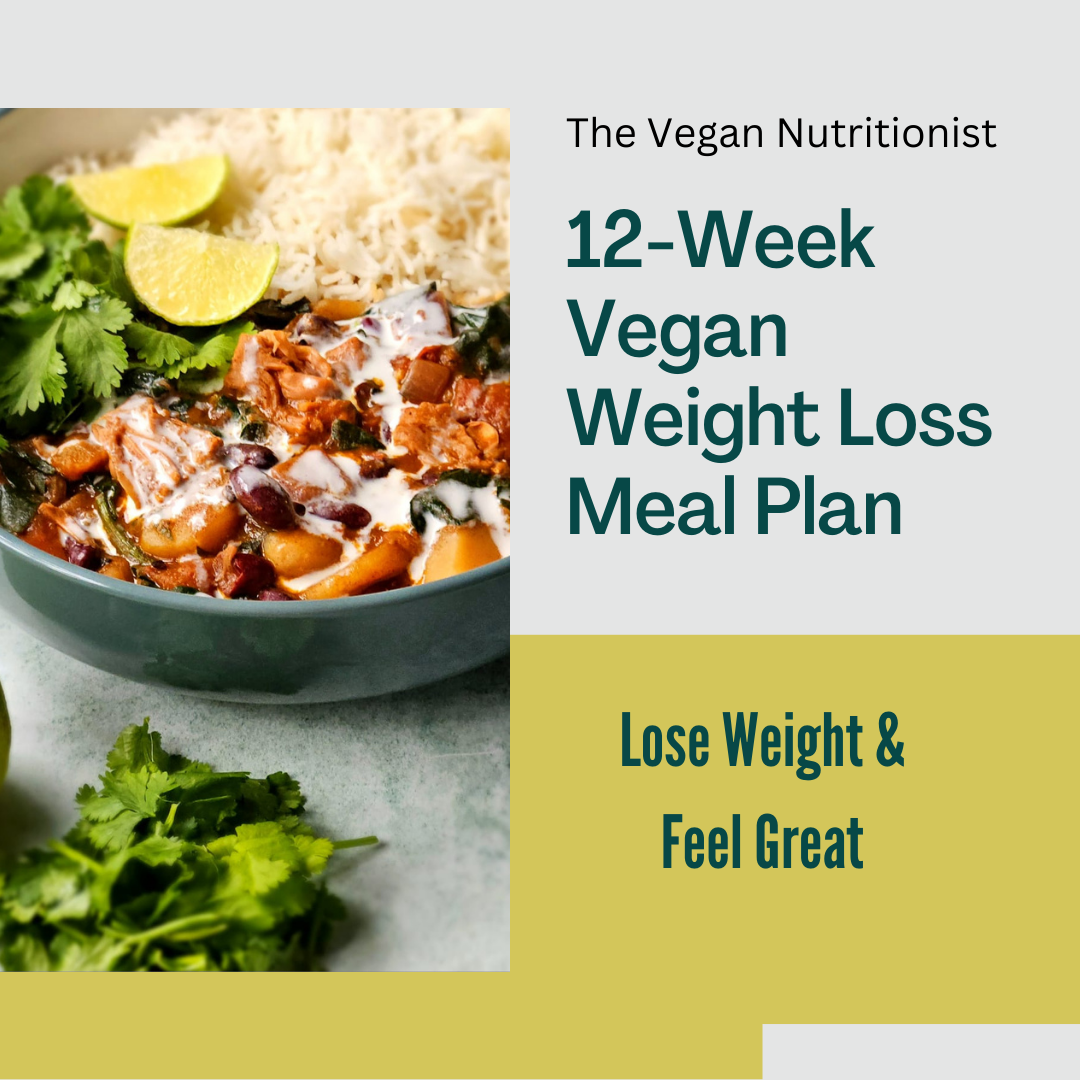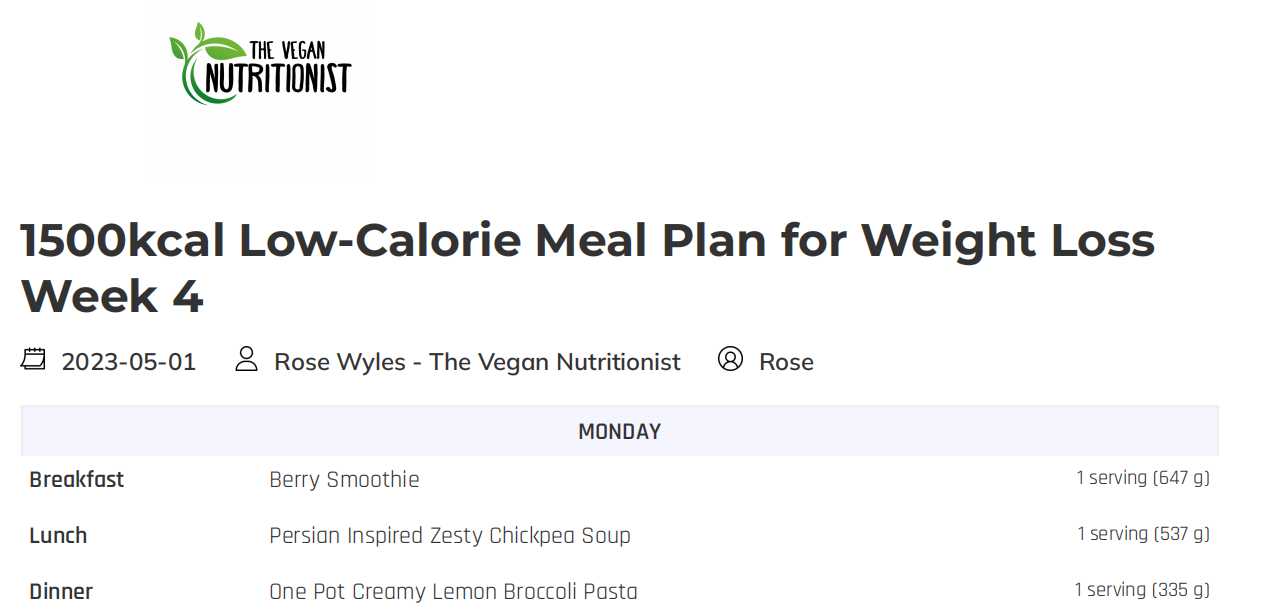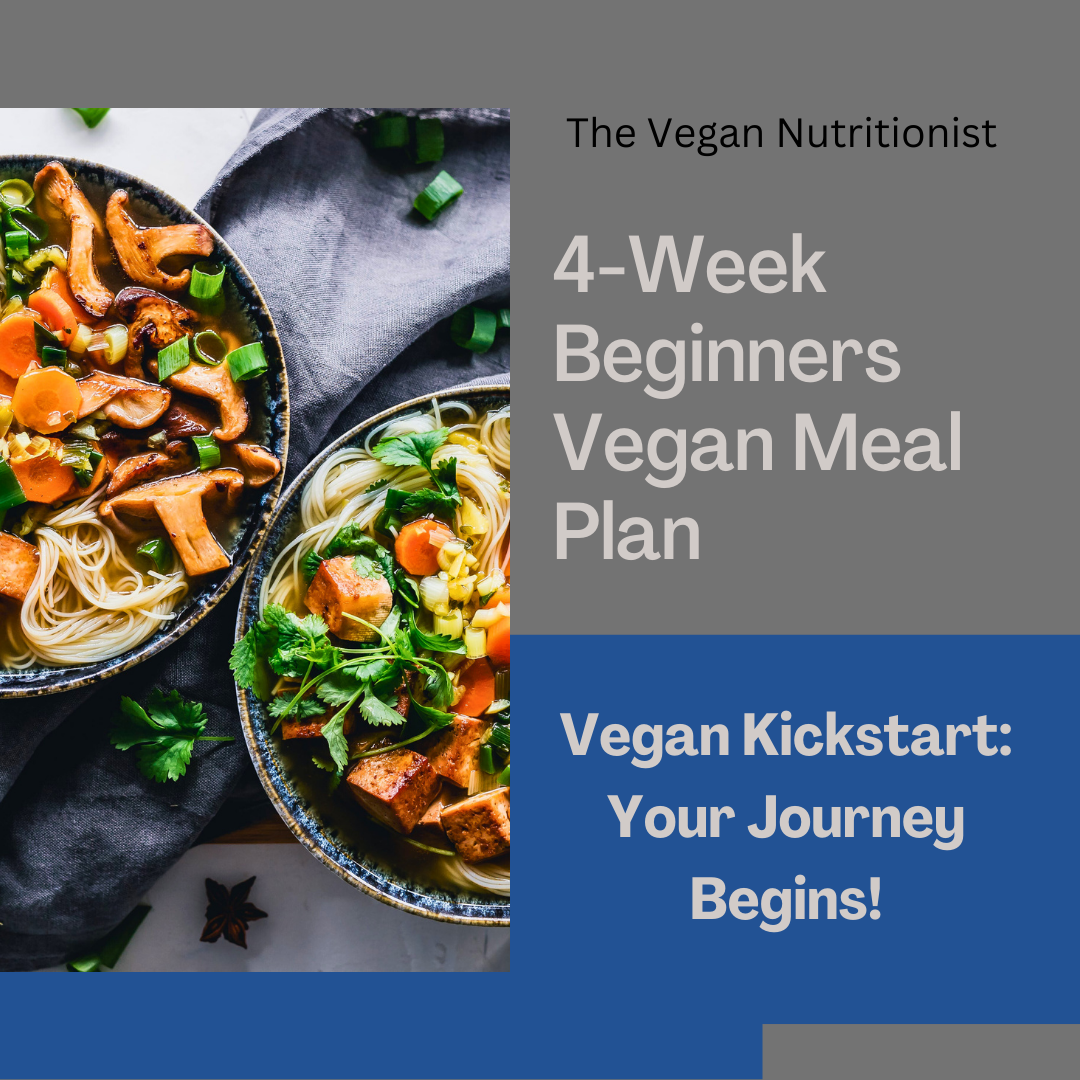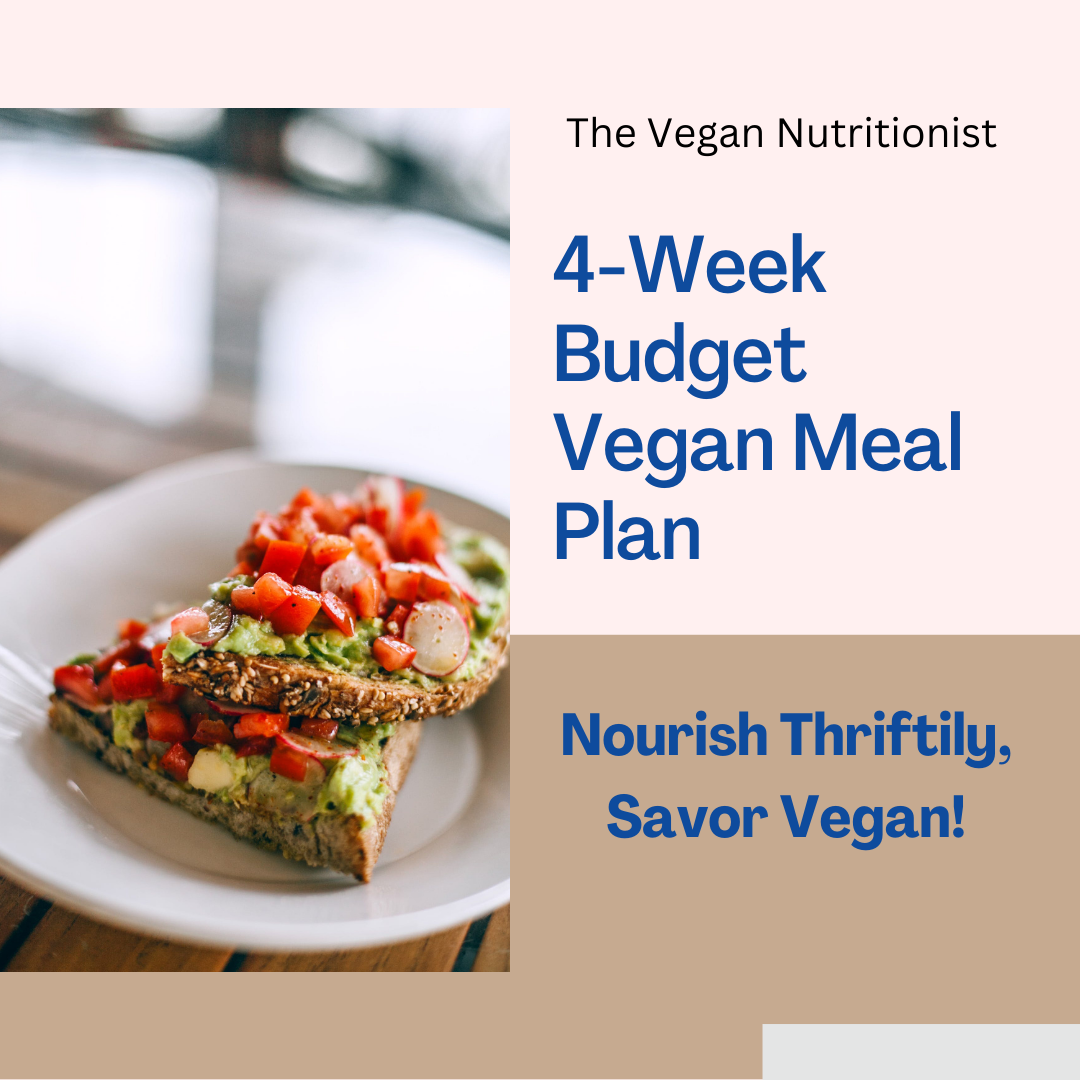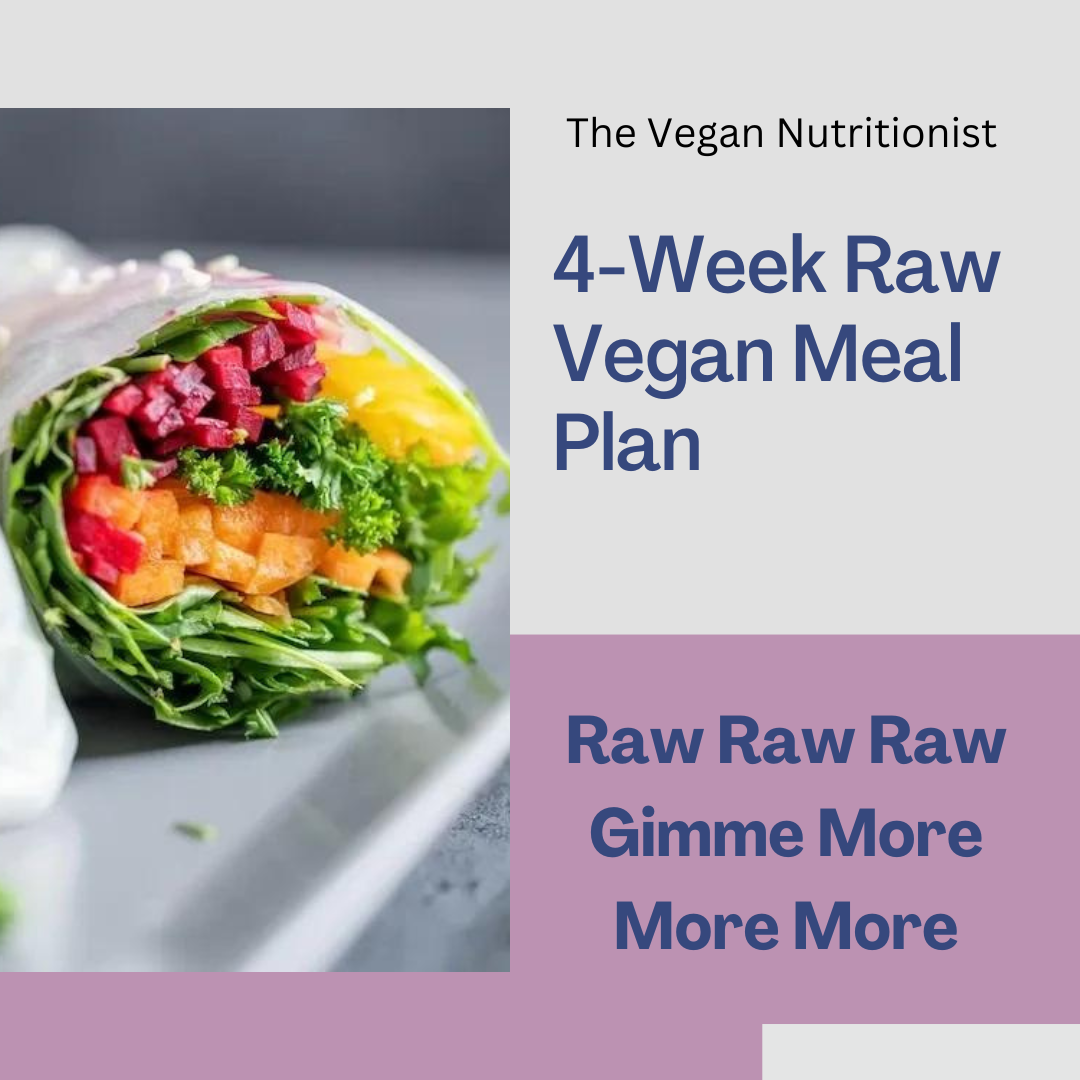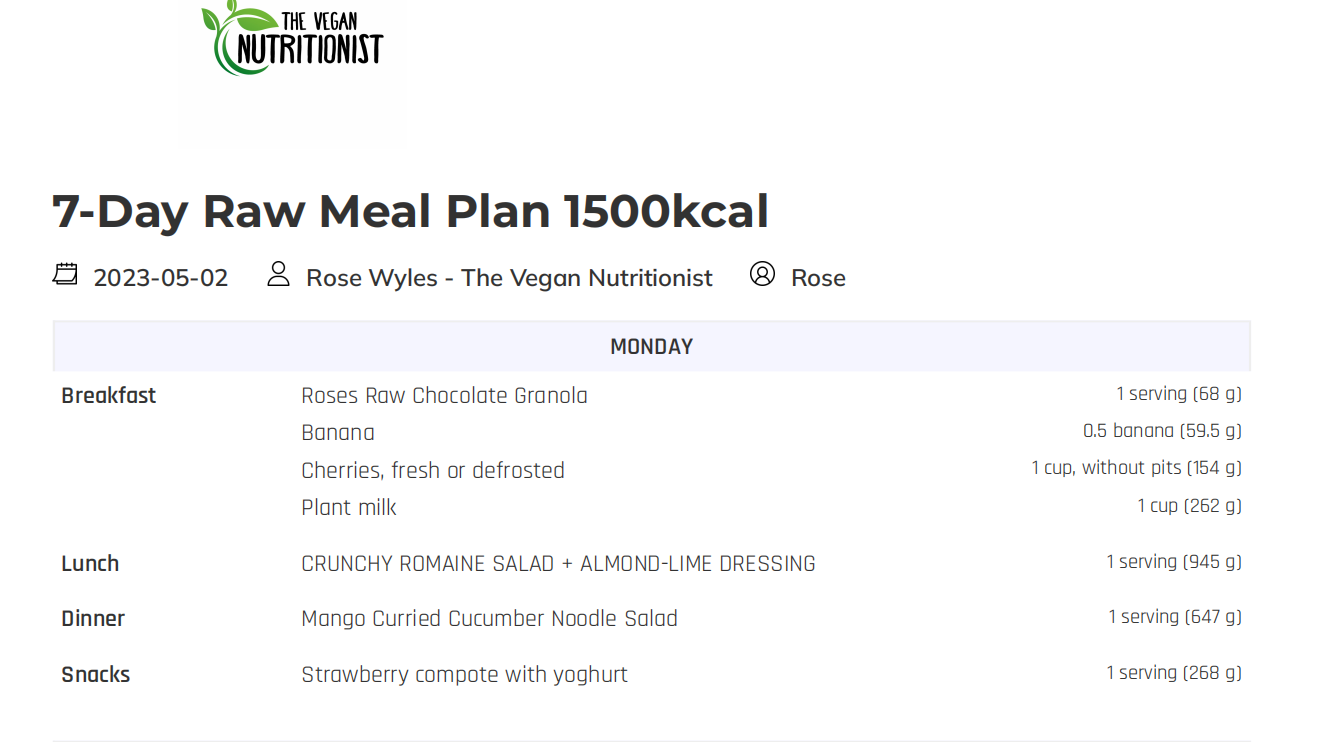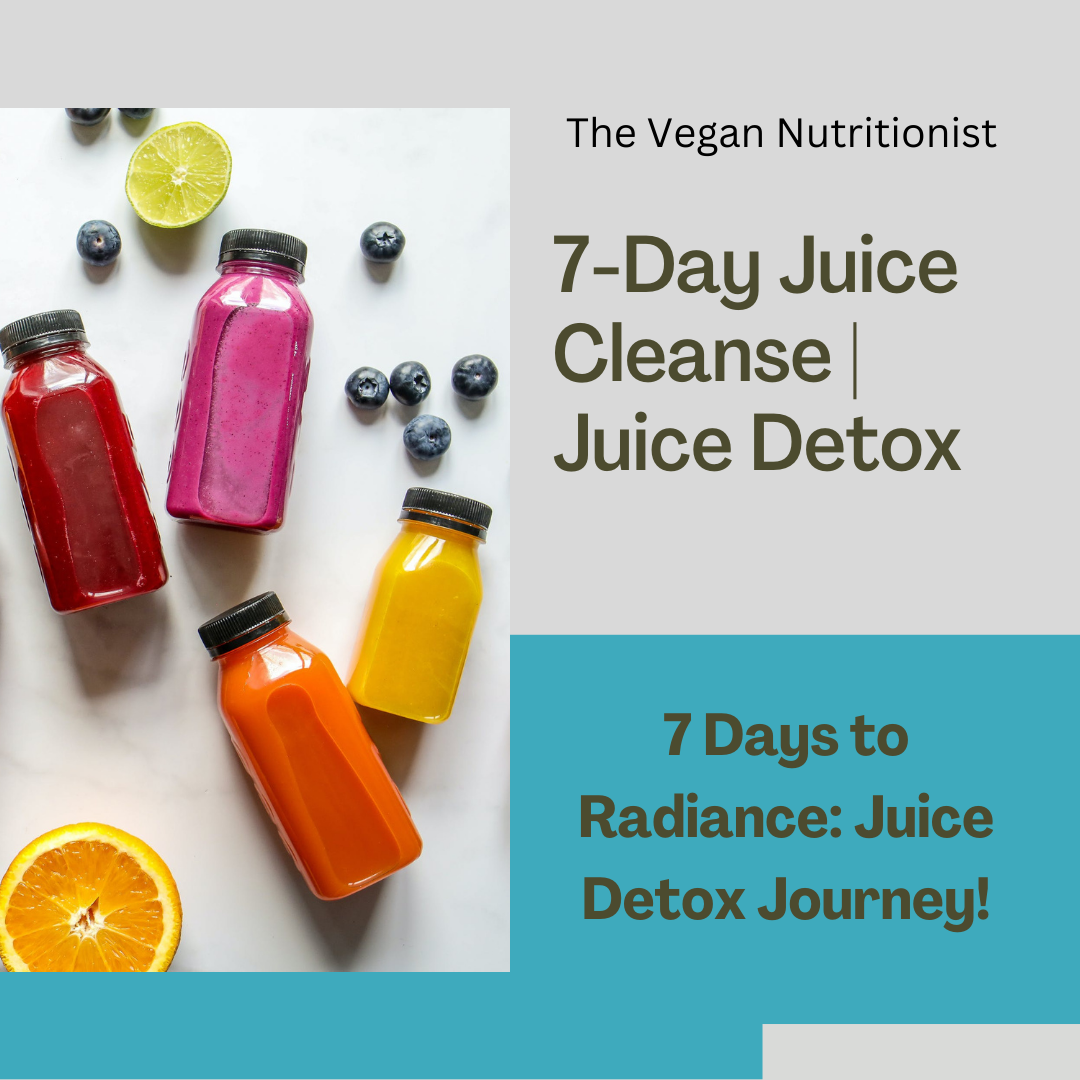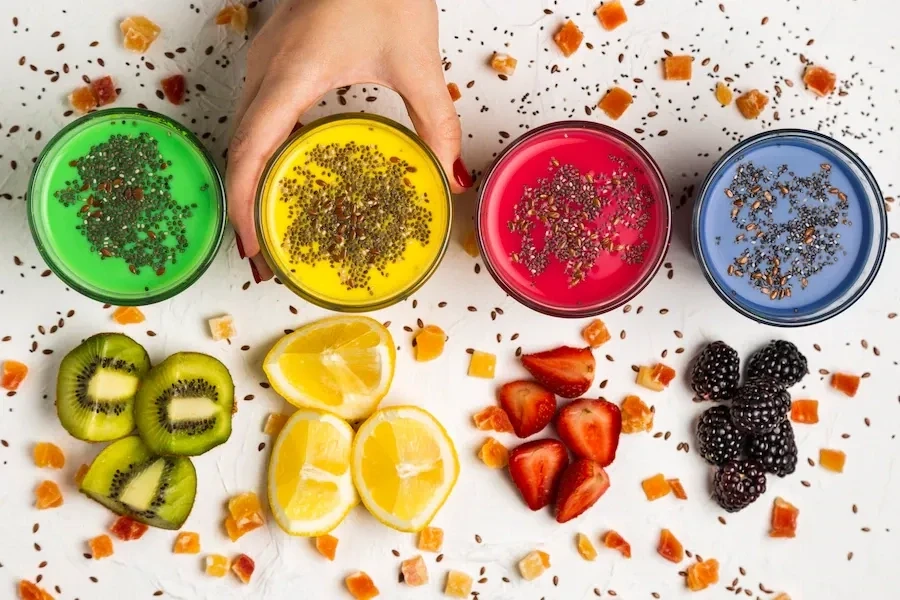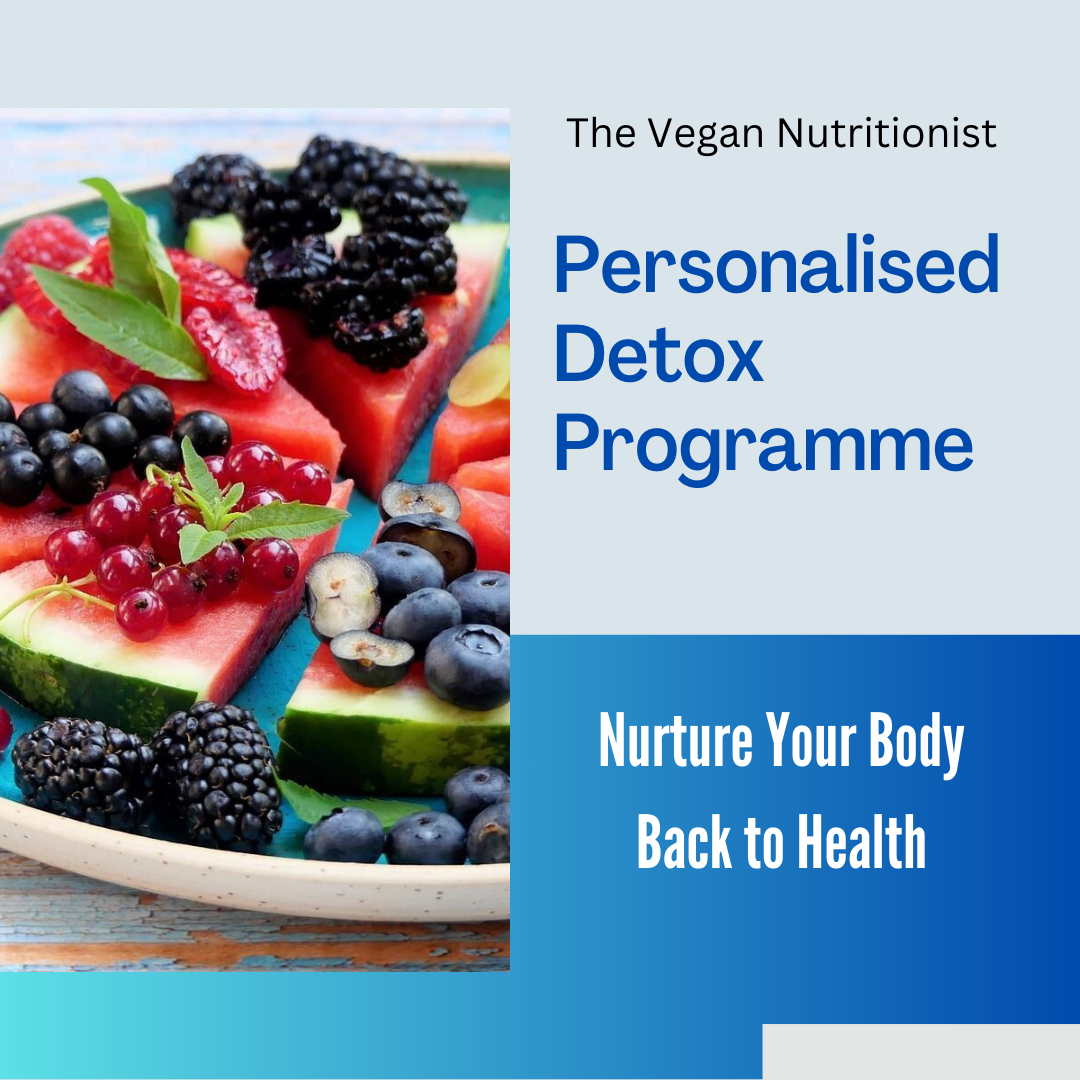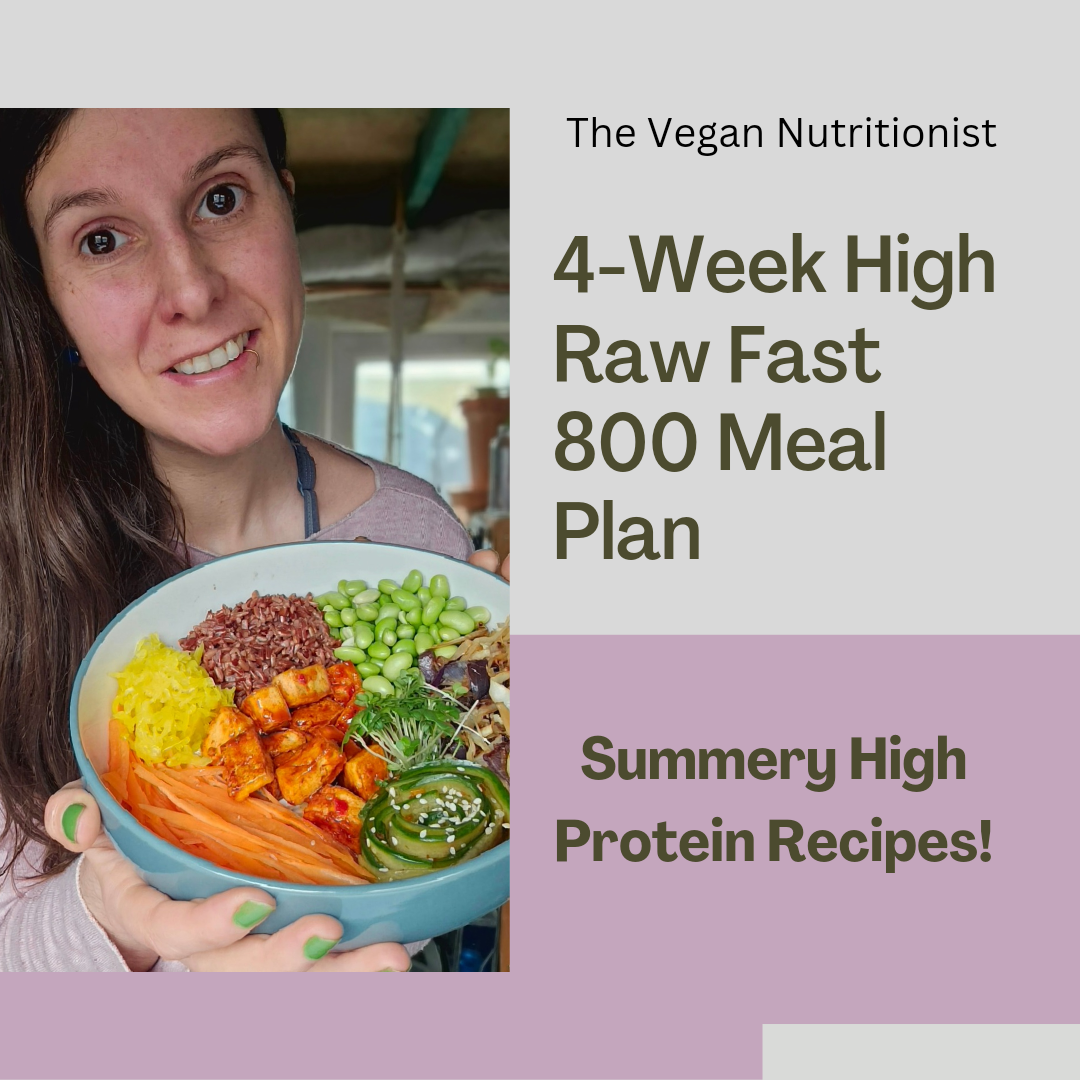Two-Ingredient Lentil Wraps ~ High Protein ~ WFPB ~ Gluten-free ~ Grain-free ~ Vegan
Soft crispy homemade lentil wraps, perfect to use for your favourite fillings or to accompany savoury and sweet dishes. These will boost your protein intake!
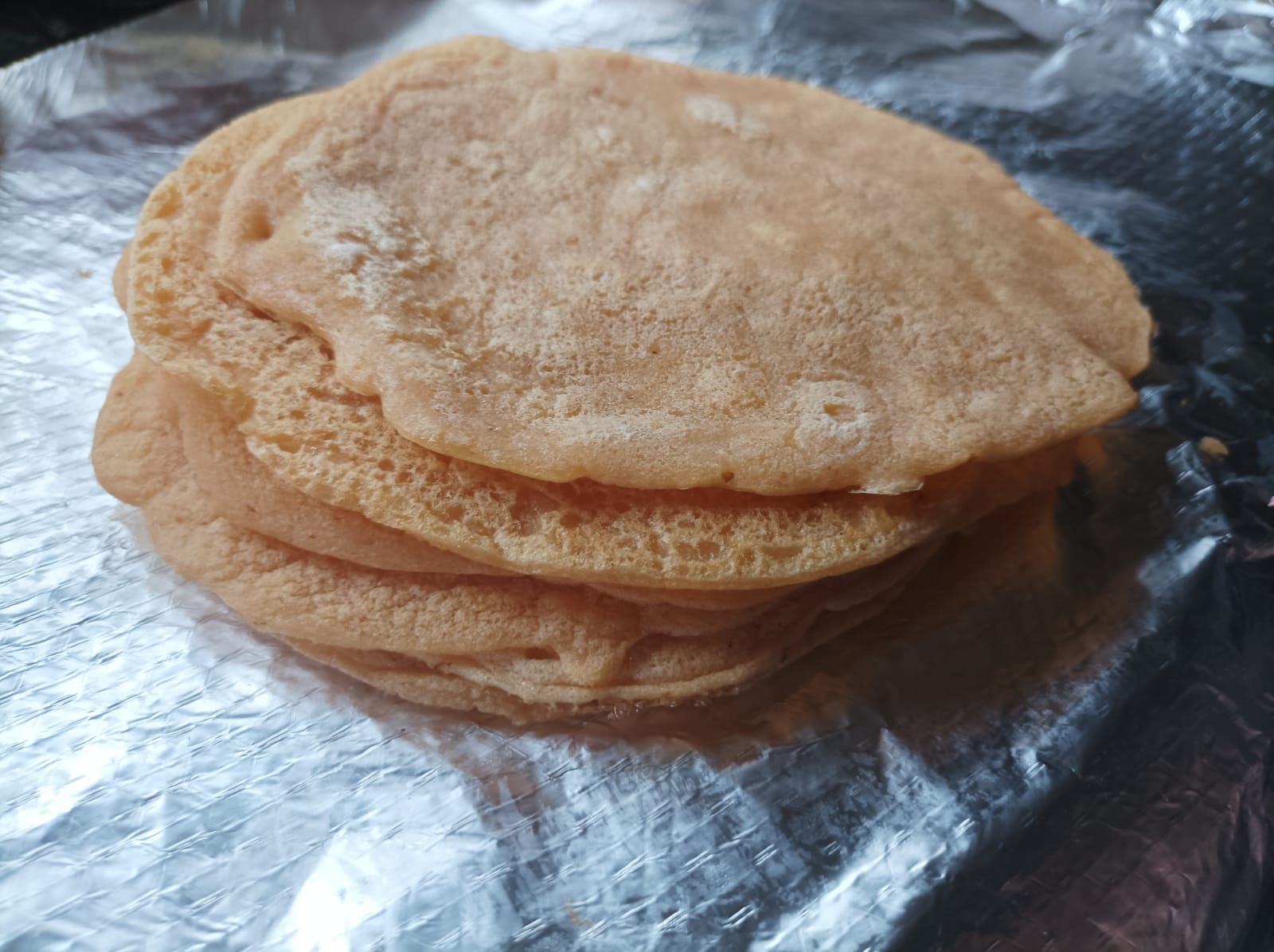
These easy and delicious high-protein lentil wraps are grain-free, nut-free, and dairy-free; they also pack a punch when it comes to protein with 5g per serving. They are strong and flexible, allowing you to fill them with whatever you fancy without the risk of them breaking apart. Depending on the size of the pan and how big you make them, you can easily bend, fold, or roll them up for tacos, wraps, tortillas, enchiladas, or quesadillas!
Lentils are a staple food of many countries, including those in india and the middle east for centuries, and they are also a great food to go with almost any savoury dish! What's incredible about these lentil wraps is that you could also use them as a sweet pancake, adding a little sweetness to the recipe and then topping them with maple syrup and bananas or berries like any other sweet pancake. You'll know they are high in protein, low in calories, and low in fat, especially compared to other pancake recipes that are far less healthy!
Since becoming vegan, lentils have become an essential source of nutrition; they are incredibly versatile and convenient to add to various plant-based and vegan meals. They are cheap, accessible globally, and easy to buy and store in bulk, the perfect pantry gem.
What's great about this recipe is these are SO easy to make at home! All you do is soak the red lentils, blend with water until smooth, spoon a small or medium amount of liquid into a pan, and cook for a couple of minutes on each side; that's it!
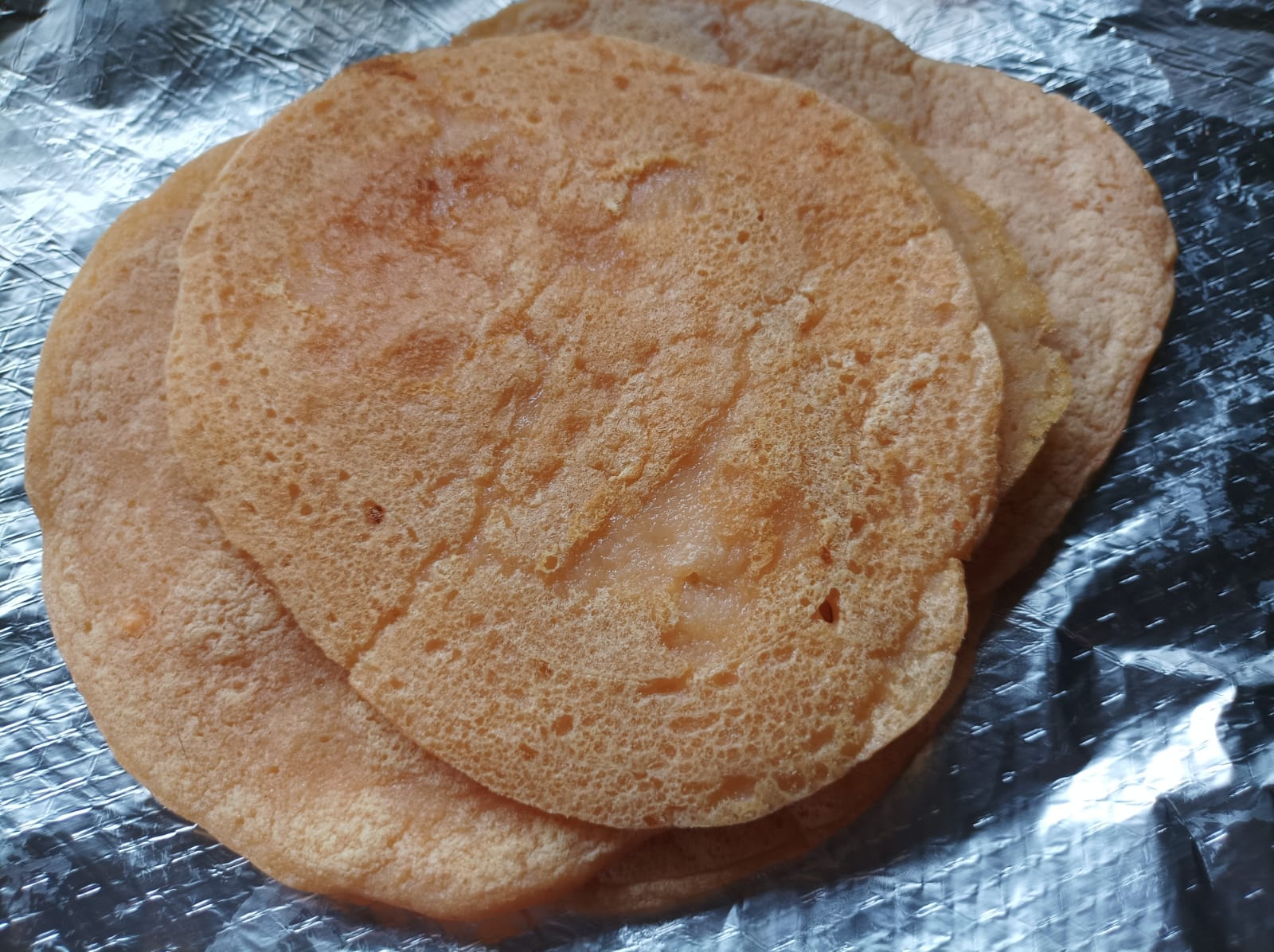
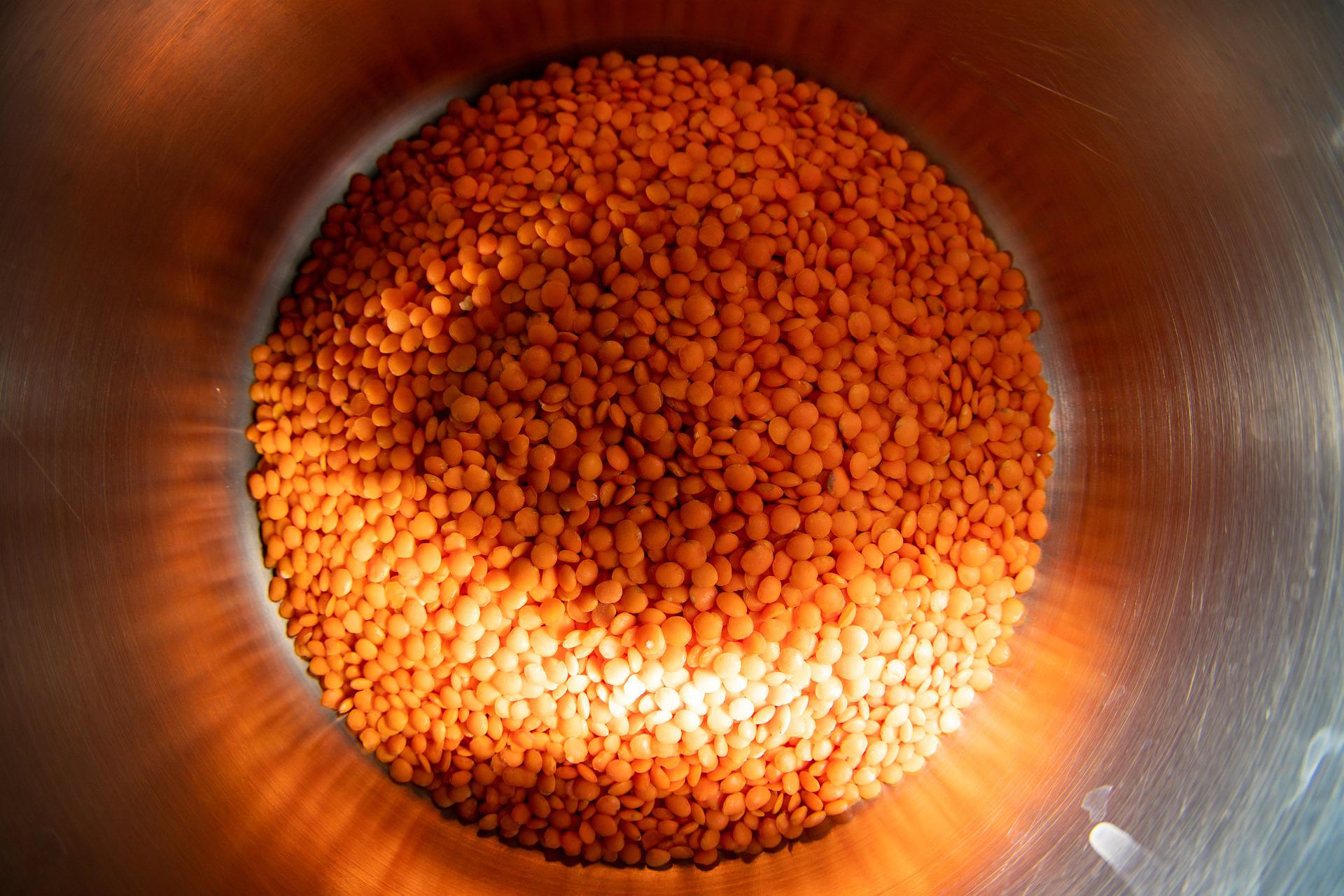
Nutritional Overview
Lentils are rich in Iron, Potassium, Fiber, Folate, and many other beneficial plant chemicals called polyphenols. These nutritional properties have immensely positive effects on our health, and many studies reflect this. The high protein content in lentils is excellent for people who wish to increase their protein intake without the adverse effects of saturated fat. Lentils are also naturally gluten-free, making them a great everyday staple for gluten-free diets. Including lentils is also great for people with diabetes as they are low GI, and consuming legumes can help control blood sugar spikes and reduce insulin resistance.
Protein
Combining legumes such as lentils with a whole grain such as rice or quinoa, which most would consume in an everyday balanced meal, can provide the same quality protein as meat without any harmful components of consuming animal protein.
With just half a cup of lentils boasting 12g of protein, it's easy to take advantage of the high protein content and use this to keep you fueled up all day long.
Fibre
Lentils provide a fantastic amount of fibre, and just a single 1/2 cup serving gains you 30% of fibre needed each day. Regular fibre consumption supports normal bowel function and aids the growth of healthy gut bacteria. Also, having a high fibre diet can help keep cholesterol levels in check and protect against type-2 diabetes and colon cancer.
It is also worth noting that all plant-based food contain fibre, and animal-based foods contain zero fibre. So the whole food plant-based foods you consume and the fewer animal-based foods you consume, the better long-term health benefits you will receive from your dietary fiber intake, including a lesser colon cancer risk.
Iron
Did you know? That same half a cup of lentils also provides you with 15% of your daily Iron requirement! Iron in our diet is vital for healthy blood, muscles, and energy levels. All legumes contain a good source of plant-based Iron. When a high Iron food such as lentils is combined with a food rich in vitamin C, like vegetables or fruits, the absorption of the Iron is increased.
This Iron absorption improvement is also the case with foods rich in beta carotenes, such as those bright orange coloured foods, like carrots, sweet potatoes, and winter squashes.
Iron plays an essential role in forming hemoglobin in the blood and myoglobin in the muscles, both carrying oxygen to our cells. This is why fatigue and tiredness are usually the most common symptoms for those that Iron deficient.
Knowledge of correct food combinations and good food choices is vital for gaining the nutrients such as Iron that we need each day.
Manganese
Lentils are a great source of manganese, and this mineral is stored mainly in our bones and major organs, including the liver, kidney, and pancreas.
Manganese is an essential mineral that is part of the antioxidant system in the mitochondria, and i t is also involved in metabolism, bone development, and the creation of collagen for wound healing. Manganese is abundantly found in a wide range of plant-based foods that include nuts, seeds, grains, legumes, vegetables, herbs, and spices
Manganese plays a vital role in maintaining normal blood sugar levels and protecting your cells against free radical damage.
Potassium
Getting enough potassium in our diets is often overlooked. The more sodium you consume, the more potassium is needed to balance your electrolytes which is especially important for those who keep fit and wish to increase their athletic performance. Potassium can counteract the adverse effects of sodium and is shown to lower blood pressure.
Potassium requirements can be affected by climate and physical activity, the use of diuretics, and the intake of other electrolytes, notably sodium.
Aiming for the ratio of two to one of potassium at around 3000mg to 1500mg of sodium per day is preferred, though the more potassium per day you consume the better, some recommendations for potassium are as much as 4700mg per day. This is no easy task if you rely on packaged food; looking at some of the canned soups, you'll see that a serving alone is pushing over half of your sodium intake (1g = 1000mg). Your daily intake of sodium should be around 1500mg.
However, it is much easier to limit sodium and up your potassium levels if you opt for whole plant-based foods rich in potassium and naturally low in sodium. And at the same time, aim to drastically reduce your intake of processed foods low in potassium and high in sodium.
It has been suggested in this study that diets high in animal protein and low in potassium diet could induce a low-grade metabolic acidosis that could induce demineralisation of bone, osteoporosis and kidney stones. An inadequate intake of dietary potassium may also increase the risk of cardiovascular disease, particularly stroke.
Folate
Lentils are an excellent source of folate; they provide the highest source of folate of all plant-based foods! Folate is the natural form of Vitamin B9, and it has many benefits. Folate helps to form DNA and RNA and is involved in protein metabolism.
Folate also helps to support the formation of red blood cells and proper nerve functions. Folate also plays an essential role in lowering artery-damaging homocysteine and may help protect against developing heart disease, cancer, and dementia.
Folate is most commonly known as necessary for pregnant women, as it is vital for supporting maternal blood volume and protecting against neural tube defects such as
Spinal Bifida.
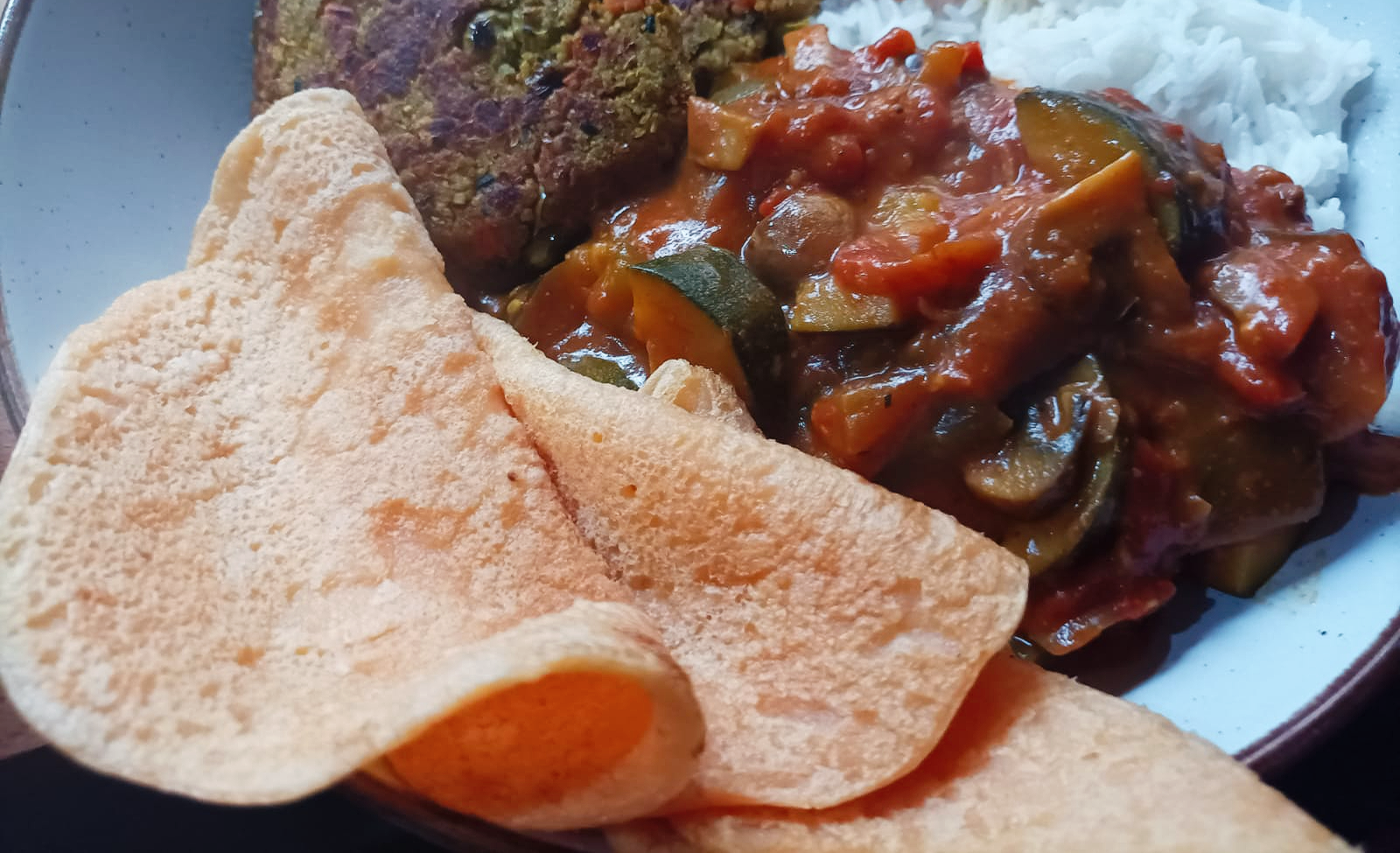
I enjoyed my lentil wraps stuffed with some vegetable curry, white rice, and some veggie burgers I made with the soybean pulp, aka okara leftover from making tofu. Be sure to keep an eye out for a recipe for both tofu making and okara recipes, as I will be posting soon.
Two-Ingredient Lentil Wraps Recipe
Making these wraps are simple, easy, fun, and nutritious. You can significantly boost your daily protein intake by adding a couple of these wraps alongside lunch or dinner, as they contain 5g of protein each! Increasing your protein intake with natural whole plant-based foods and being mindful about what ingredients you're adding to your diet will aid you with your health and fitness goals.
Makes 10 wraps
INGREDIENTS
- 1 cup dry red lentils
- 2 cups water
- Pinch of salt for serving savoury or sugar for sweetness, optional
METHOD
- Soak them for a minimum of 2 hours or overnight, this makes them more digestible and easier to blend.
- Add the water to the lentils and blend them for around 1 minute or until smooth, you do not want any pieces of lentils remaining in your batter.
- Heat a non-stick frying pan of your choice in size, a small pan will produce more wraps compared to a larger frying pan. Pick up the pan and twirl to distribute the batter around and make the wraps thinner.
- Cook for two-three minutes and flip to cook the other side, I found they naturally release from the pan when they are ready to flip, you can use a spatula or the pancake flip method to turn them. If you do not have a non-stick pan you may want to use a tiny bit of oil.
- Make up all your wraps and use right away or store them until using.
Enjoy with scrambled tofu, cooked breakfast, alongside curries, as lunch wraps., be creative!
Macronutrients per serving:
Kcal: 67
Protein: 5g
Fat: 0.2g
Saturated Fat: 0.03g
Carbs: 11.5g
Fibre: 5.8g
Micronutrients per serving:
Iron 18% RDI
Thiamin 14% RDI
Zinc 8% RDI
Potassium 4% RDI
Recipe by Rose Wyles - The Vegan Nutritionist
For professional assistance with adopting a healthy and nutritious plant-based diet, go to www.thevegannutritionist.co.uk/nutritionconsulting
Share this Post!

Reach out by sending me an email
Need assistance with your diet or health goals? I'm here to help. Send me a message and I'll be in touch.










